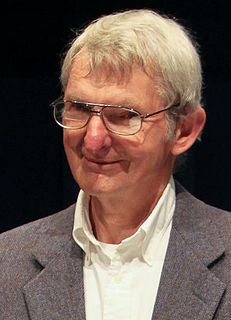A Quote by Joan Halifax
We have been teaching together [with Kaz] now for more than twenty years in sesshins, in international travel programs in Japan and China, as well as intensives on Buddhism that focus on the work of Zen Master Dogen and Ryokan, as well as on many of the Mahayana sutras.
Related Quotes
If you are thinking, you can't understand Zen. Anything that can be written in a book, anything that can be said - all this is thinking . . . but if you read with a mind that has cut off all thinking, then Zen books, sutras and Bibles are all the truth. So is the barking of a dog or the crowing of a rooster. All things are teaching you at every moment, and these sounds are even better teaching than Zen books.
Zen purposes to discipline the mind itself, to make it its own master, through an insight into its proper nature. This getting into the real nature of one's own mind or soul is the fundamental object of Zen Buddhism. Zen, therefore, is more than meditation and Dhyana in its ordinary sense. The discipline of Zen consists in opening the mental eye in order to look into the very reason of existence.
A very enjoyable meditation on the curious thing called 'Zen' -not the Japanese religious tradition but rather the Western clich of Zen that is embraced in advertising, self-help books, and much more. . . . Yamada, who is both a scholar of Buddhism and a student of archery, offers refreshing insight into Western stereotypes of Japan and Japanese culture, and how these are received in Japan.
For many years I thought my job was to go to places where it would be difficult for most of the readers to ever get to. Now, in the more than 20 years I've been doing this, the concept of adventure-travel trips or expeditions by groups has sprung up. The places I went 20 years ago now have adventure-travel trips.




































